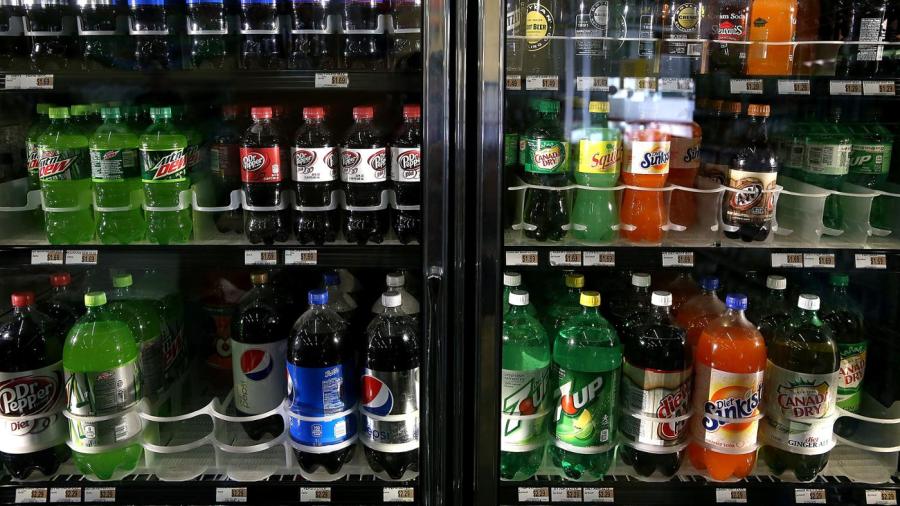What Happens When You Stop Drinking Soda?

According to the Harvard School of Public Health, drinking soda increases the risk of developing heart disease, type 2 diabetes and obesity. Drinking soda and other sugary beverages is also linked to decreased bone density and gout. When you stop drinking soda, you decrease your likelihood of developing these conditions.
Studies performed by Harvard found that drinking one to two cans of soda per day increased the likelihood of developing type 2 diabetes by 26 percent. Drinking soda regularly also increased the likelihood of a heart attack by 20 percent and gout by 75 percent. The same study found that having an otherwise healthy diet did not eliminate the effect of drinking soda. In other words, even when a healthy weight and a nutritious diet were maintained, drinking soda caused adverse health outcomes.
Dr. Frank Hu, Professor of Nutrition and Epidemiology at the Harvard School of Public Health found that decreasing soda consumption decreased the likelihood of obesity and obesity-related diseases. He also found that there is an inverse relationship between soda and milk consumption. In other words, drinking less soda is correlated with drinking more milk. Soda contains high levels of phosphate. When more phosphate is consumed than calcium, it causes bones to deteriorate. Replacing soda with milk increases calcium intake while reducing phosphate intake, leading to healthier bone density.





